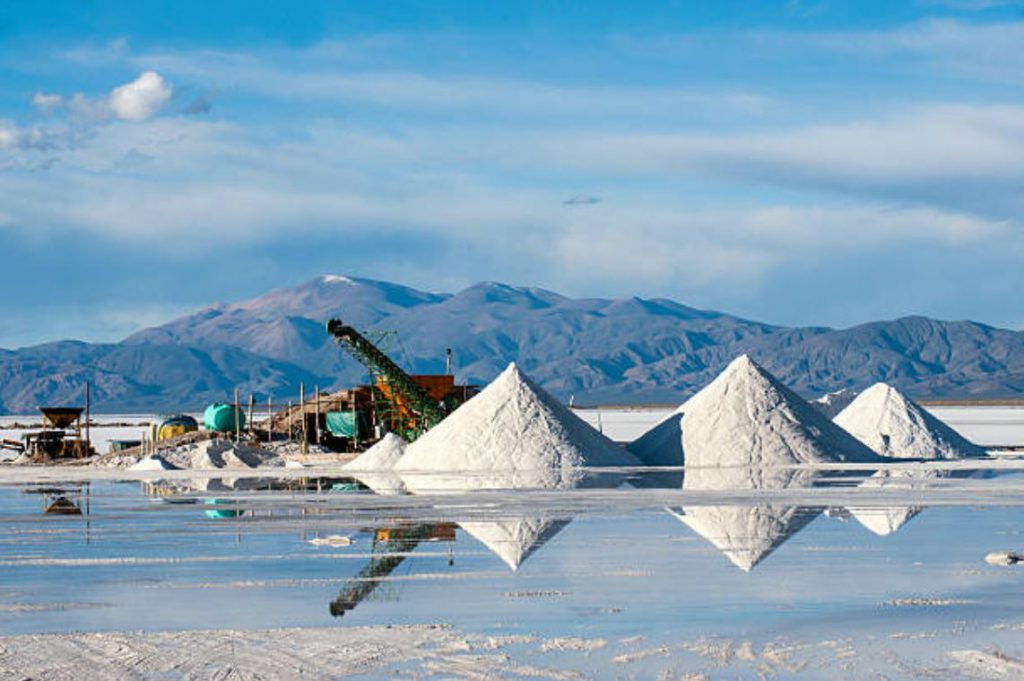Battery metals demand slows but will recover post COVID-19

by Ron Hall
The mining and metals industries have been hit hard by the onset of a bear market inspired by COVID-19. How long this will continue is anyone’s guess; however, the longer term outlook for the battery metal sector remains robust and the metals that are used in the manufacture and development of rechargeable electric vehicle (EV) batteries primarily lithium, nickel and cobalt should eventually see a resurgence in demand.
Many industry pundits forecast that the combustion engine will disappear sooner or later and say that although the transition from fossil fuel to electric powered vehicles may have paused, it will likely rebound with a vengeance as the disruption from the pandemic falls away and industry gets back on its feet.
This will be supported in many countries that have witnessed the benefits of greatly reduced pollution in their cities as economic activity has stalled and local governments will be even keener to encourage the rollout of EVs over internal combustion engines.
Prior to the outbreak, China controlled about two-thirds of the world’s battery electric manufacturing capacity, a figure that was expected to rise to 73% by 2021, according to Bloomberg New Energy Finance (BNEF). But in life after COVID-19 the landscape may be different. Firms now likely to re-assess their over-reliance on China and domestic metal supply and refinement will be increasingly sought out.
Of the various battery types currently in the market place, the lithium-ion battery is emerging as a favourite. The name lithium-ion battery is only the generic term for a whole series of possible chemical structures, such as the lithium cobalt (dioxide) battery, the lithium manganese (dioxide) battery, the lithium iron phosphate battery and – less commonly – the lithium titanite battery and the tin-sulfur lithium ion battery.
According to research and consulting firm Roskill, the outlook for lithium demand has been impacted significantly by a number of issues that include a slowdown in all vehicle sales (including EVs) in the Chinese market that began prior to the pandemic, disruptions in supply chains globally caused by the pandemic and the potential for subsequent weak economic performance in key markets as the world adjusts to life after.
The slowdown in the Chinese EV market saw vehicle sales decrease 33% year-on-year during H2 2019, though the subsequent impact of the COVID-19 related lockdowns has seen monthly Chinese EV sales fall to their lowest volumes since February 2017. Vehicle sales in the Chinese market are forecast to fall 39% year-on-year in Q1 2020.
With economic recessions forecast in Europe and Japan during 2020, and significantly weaker economic performance expected in China and the USA, sales of ‘big-ticket’ items, including electric vehicles, are expected to experience a demand shock. To this end, European and U.S. automakers have delayed Asian Li-ion battery shipments originally scheduled for Q2 2020 amid the growing uncertainty for automotive demand.
Roskill has reassessed its lithium demand forecast for 2020 in the quarterly update to its lithium market outlook report. Total lithium demand for 2020 has been downgraded by more than 25%, as a result of the aforementioned factors. Demand from rechargeable battery applications is still expected to show growth in 2020, though at a significantly slower rate than forecast previously.
Prior to the pandemic, Roskill’s 2020 base case forecast was a 60% year-on-year increase in EV sales to 2019, from 2 million to around 3.2 million EVs in 2020. They now forecast EV sales to be between 30 to 45% lower with sales of approximately 1.8 million EVs under the worst case six month lockdown scenario.
Despite this, globally, vehicle manufacturers have already committed hundreds of billions of dollars to electrify their fleets in the coming decade – potentially too large a sum to walk away from. Once the coronavirus outbreak is under control, and countries begin to recover, it will be interesting to see how stimulus packages are directed and how much these further support the growth of the EV industry. China has already announced a two-year extension of its New Energy Vehicle, or NEV, subsidies and purchase tax exceptions until the end of 2022. These extensions will support NEV sales as China’s economy recovers post COVID-19.
